Over the past week, I’ve had the privilege of joining heads of government, PAI Partners, and leaders from across sectors and industries at the AI Action Summit in Paris. The Government of France chose to move away from the safety focus of the UK and Korea Summits and instead promoted open innovation, sustainability, and international inclusion.
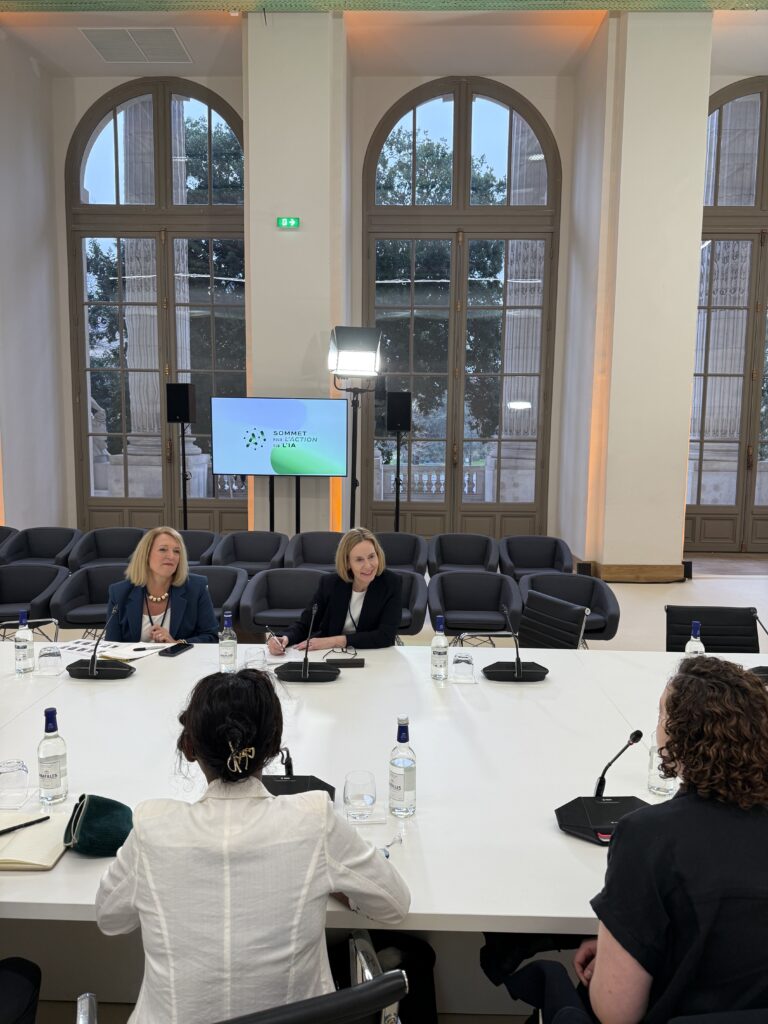
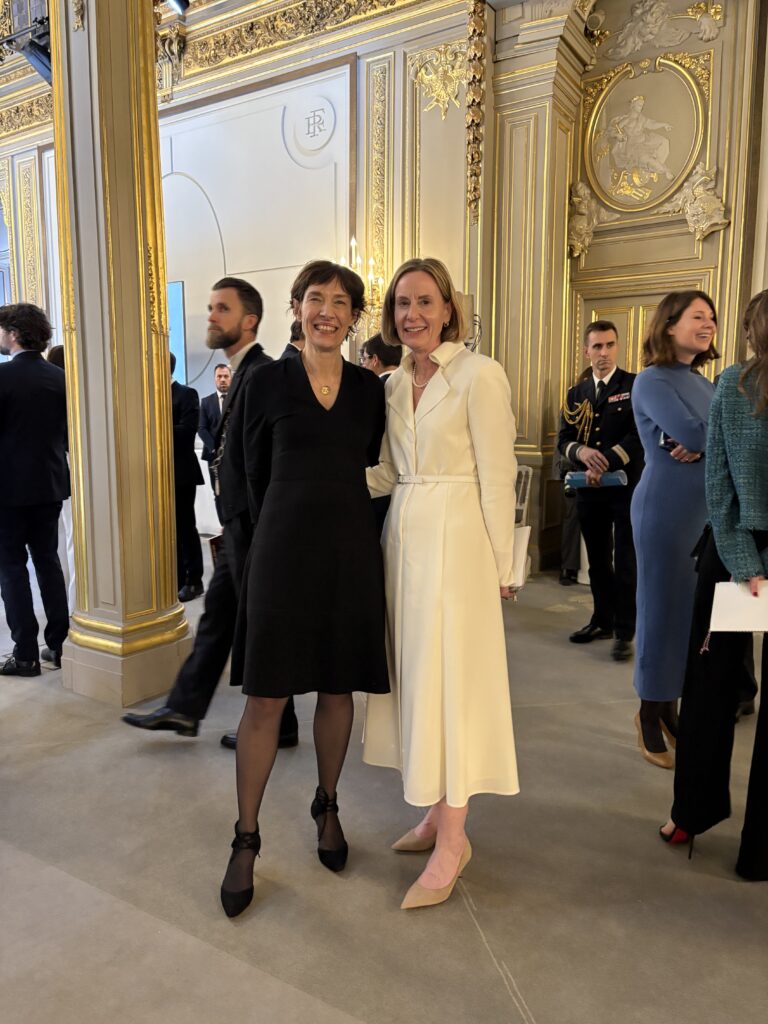
I was honored to be a member of the Steering Committee under the impressive leadership of Summit Envoy Anne Bouverot. With regular working group consultations and open calls for ideas, a broad range of advice was solicited on five summit themes: public interest, future of work, trust and security, global governance, and innovation.
By widening the aperture, the Summit catalyzed a weeklong series of side events in Paris and beyond, encompassing thousands of people and hundreds of organizations from across the globe. Members of the PAI team shared our work in a variety of venues ranging from frontier and foundation model safety and science to participatory design and worker voice, youth and education, standards, transparency and evaluation.
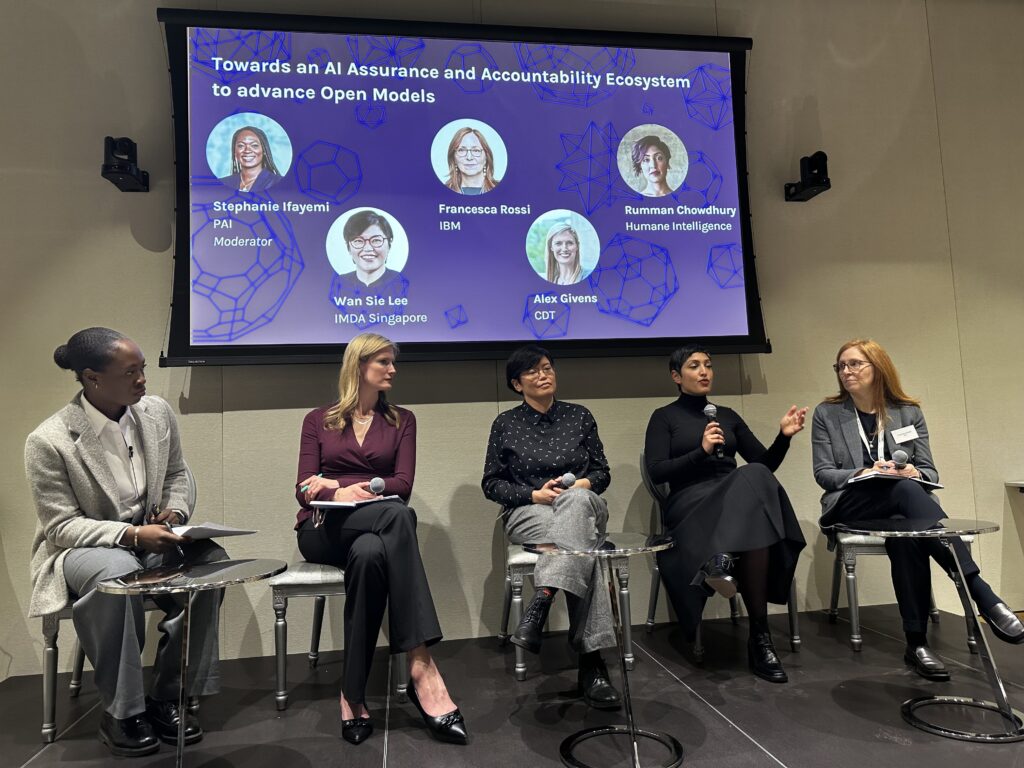
At each event, we called on the 80-plus governments attending the Summit to proactively advance AI in the public interest:
- promote multi-stakeholder engagement and citizen participation;
- invest in open research and innovation;
- support workers and skills development;
- work with other governments to promote interoperability across national assurance ecosystems
While high level, the final Summit Statement addressed most of these topics and was signed by 60 governments including China, with the UK and US as notable non-signatories. This is a positive and inclusive signal about the importance of the responsible and open development of AI technologies. At the conclusion of the Summit, India announced that it would hold the next AI Summit (adjective to be determined).
So where do we go from here?
How do we ensure that the next Summit brings together and builds on the foundations of knowledge and cooperation from the Summits in the UK, Korea, and France and advances new areas of tangible impact?
How does the emerging “Summit Series” connect to other international initiatives that engage varying groups of countries. These include the Bletchley Park Declaration, the G7 Hiroshima Code of Conduct, and the UN Global Digital Compact.
We need to answer these questions, and others, if our goal is to ensure that there is a relatively aligned and interoperable system of AI governance norms, standards and knowledge-sharing that creates an enabling environment for AI innovation that works for the citizens of each country. As we plan for India and beyond, we have an opportunity to set a collective agenda and a clear roadmap including what role future Summits will play, and to what extent, in advancing this agenda.
At PAI, we are working with our Partners and beyond to articulate what a vibrant and effective national accountability and assurance ecosystem looks like. This is crucial in unlocking innovation across sectors. This work is already underway fueled last week by the event we hosted in Paris days before the Summit. Pulling together often fragmented efforts in auditing, standards, disclosures, and evaluations, we have an opportunity to better understand how they fit together to enable responsible and resilient innovation.
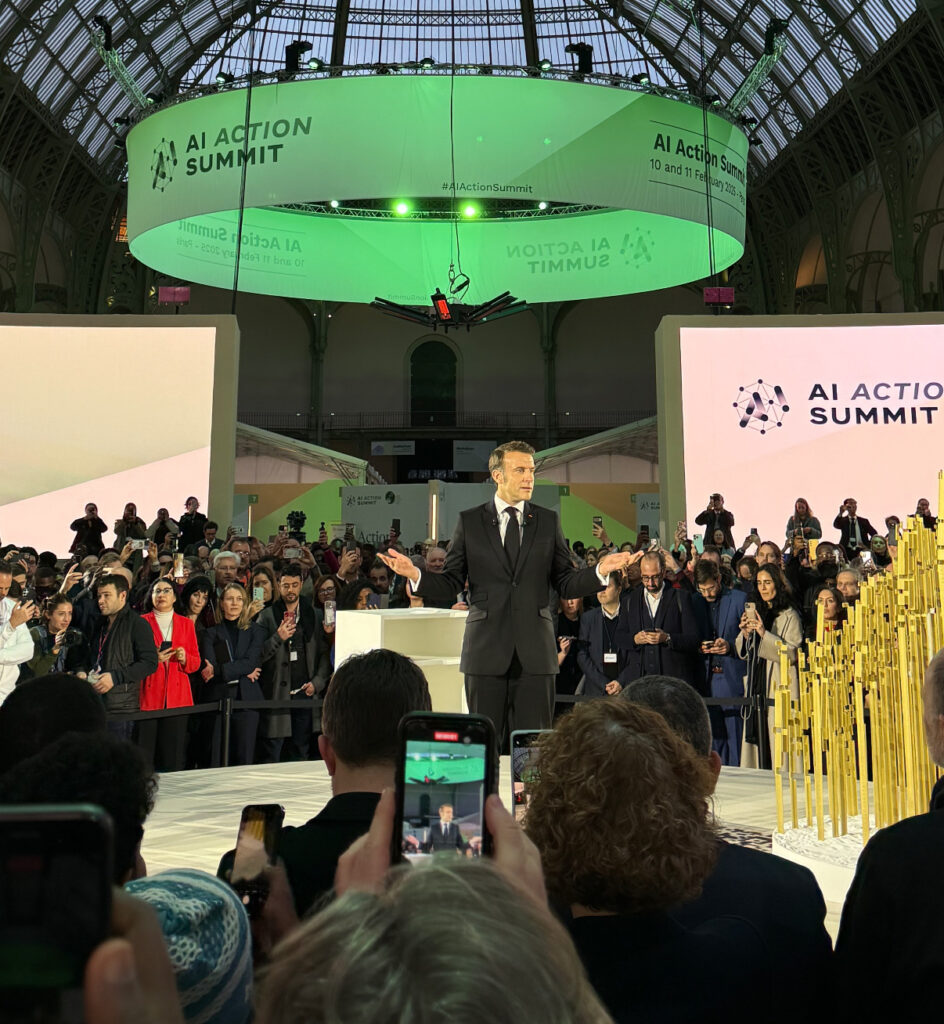
Two other items of note from the Paris Summit include the launch of Current AI, a global foundation and incubator to advance AI as a public good. With an initial $400M endowment and ongoing support, this initiative will aim to fund projects that advance AI for the public interest—focusing on open datasets, smaller and more sustainable models, and fostering an AI accountability ecosystem. Coordinated work in these areas will be crucial to finding new ways of using AI for the benefit of society.
It was also good to see the Pledge for a Trustworthy AI in the World of Work, which details important commitments for companies on investing in workers, protecting worker privacy and training, and developing workers’ digital skills. We are pleased by the explicit inclusion of protecting the rights of data enrichment workers across global data supply chains. The Pledge was informed by PAI’s guidelines and resources on responsible data enrichment and shared prosperity which also support its implementation. The central role for American workers in determining how AI is used was also echoed in the remarks of the US Vice President.
Governments, technology companies, civil society, and academia all have important roles to play in determining what our AI future looks like. The AI Action Summit and its surrounding events demonstrated the energy and desire for action. Now, it is up to all of us to build that future and make it a reality.


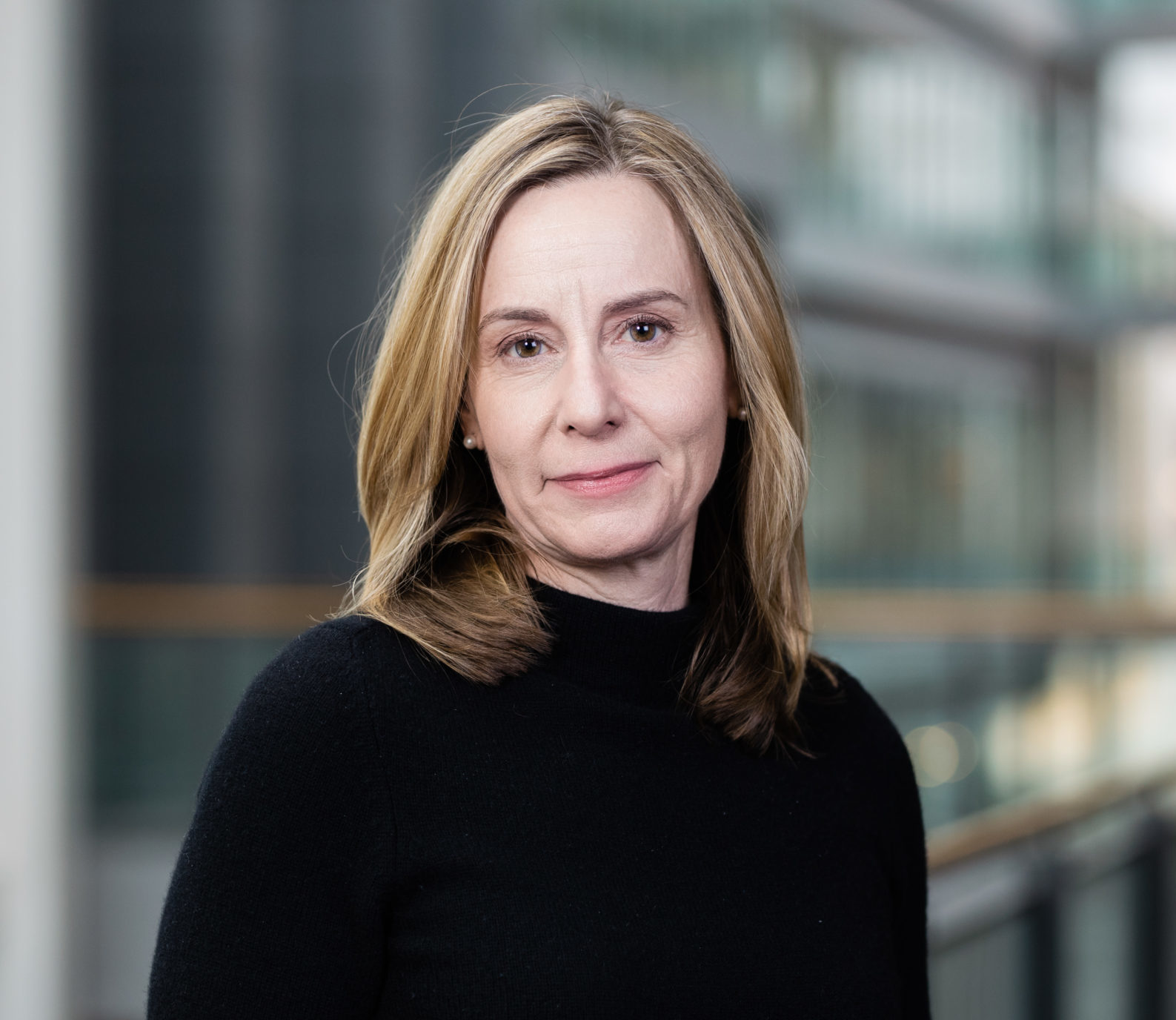
![$hero_image['alt']](https://partnershiponai.org/wp-content/uploads/2025/02/AI-action-summit-1800x832-1.webp)